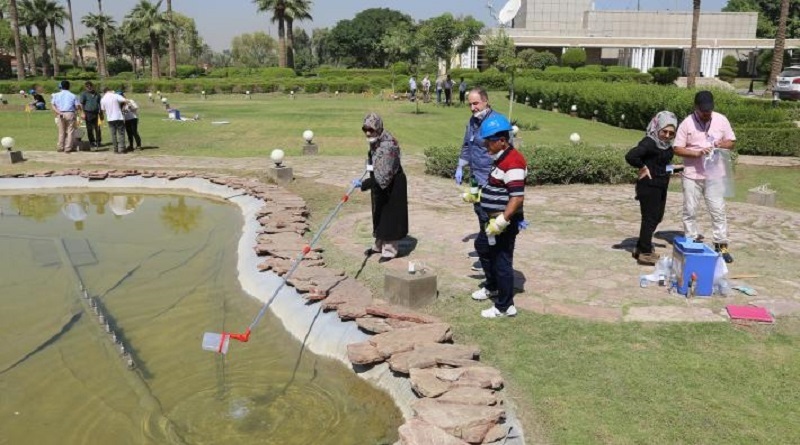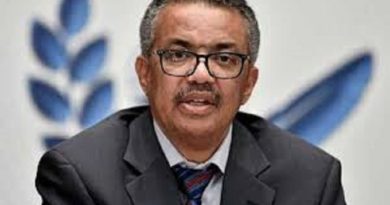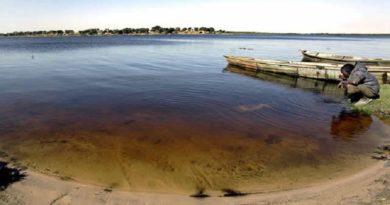Iraq officials trained in assessing oil contaminated sites from the ISIL conflict
In Iraq’s post-conflict period, characterized by extensive destruction of infrastructure and looting – from oil resources to archaeological artefacts – by Islamic State in Iraq and the Levant (ISIL), UN Environment conducted a five-day training workshop on oil-contaminated site assessment in Baghdad from 23-27 September 2018.
The workshop trained 26 national experts from the ministries of environment and oil on practical aspects of oil-contaminated site assessment, with a focus on sampling strategies and techniques. At the end of the event, a package comprising portable oil-contamination analysers and sampling tools, as well as personnel protective equipment was handed over to the Environment Ministry to support the assessment campaign.
“I cannot overstate the need to strengthen the capacity of our environmental experts in assessing contaminated sites and oil activities, and to develop pollution monitoring programmes which represents not only a threat to local communities, but whose impacts will also extend for generations to come’” said Dr. Jassim Humadi, Iraq’s Deputy Environment Minister. “During the past few years, Iraq has undergone a transformative leap in its oil production driven by large investments. This poses a major capacity challenge for environmental staff to monitor and oversee the industry’s performance, assess the current situation and extrapolate future projections.”
As an immediate follow-up to the workshop, a preliminary field-based mapping survey of oil-contaminated sites in the four conflict-affected governorates (Nineveh, Salah El-Deen, Kirkuk and Diyala) will be conducted by a joint team from Iraq’s ministries of environment and oil in October-November 2018. The survey will aim to identify priority sites for cleanup that pose a serious risk to human health and the environment.
UN Environment is guiding this mapping campaign through the provision of assessment protocols and an initial inventory of around 60 oil-contaminated sites, including satellite image maps. UN Environment will also review the survey findings and provide guidance to the site prioritization process and conducting of detailed assessments.
“We commend UN Environment’s contaminated site assessment training programme, which is assisting environmental institutions in Iraq to fulfill their responsibility in achieving environmental security in accordance with the objectives of sustainable development to protect the environment and the public health of citizens,” added Dr. Jassim.
This is the second training course on contaminated site assessment which UN Environment has held in Baghdad this year to support Iraqi institutions address conflict pollution from the ISIL conflict. The training programme is generously supported by Norway’s Oil for Development Programme and conducted in collaboration with Spiez Laboratory of the Swiss Federal Office for Civil Protection and ALS Global Laboratory in the United Kingdom.
Courtesy: UNEP




